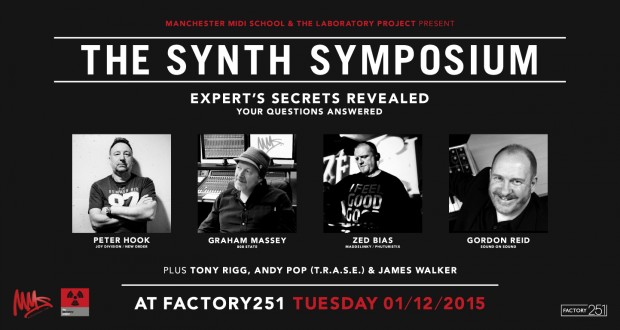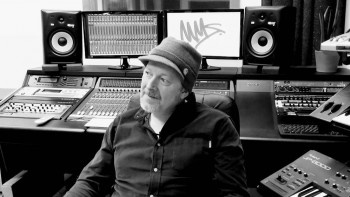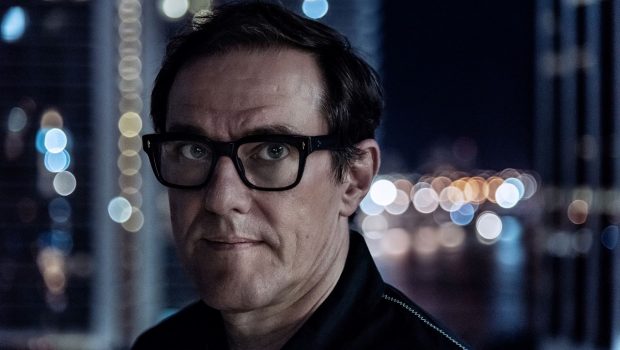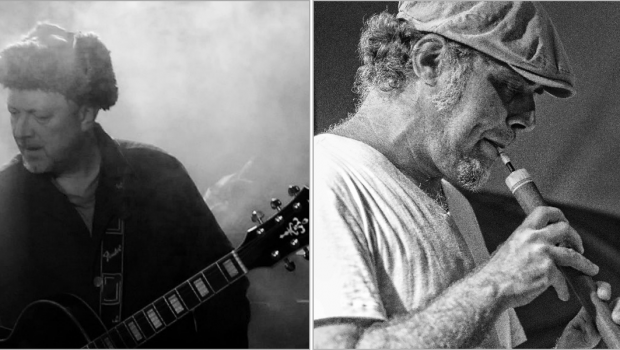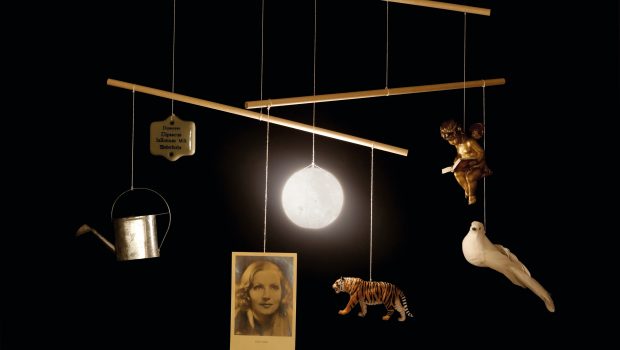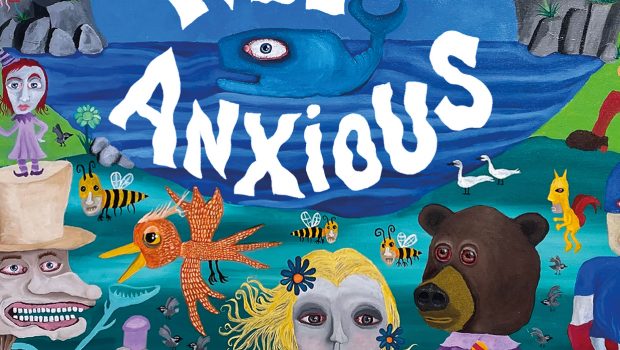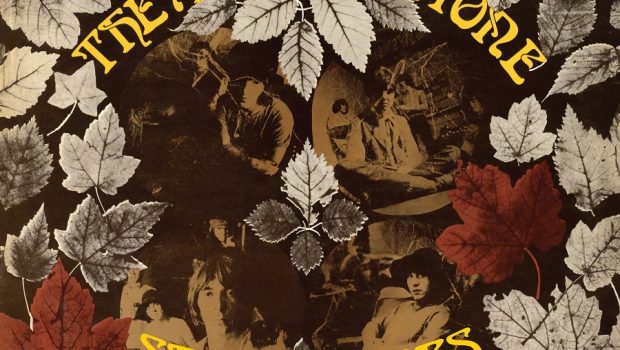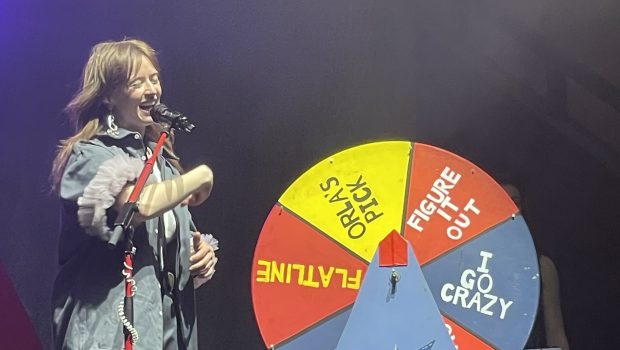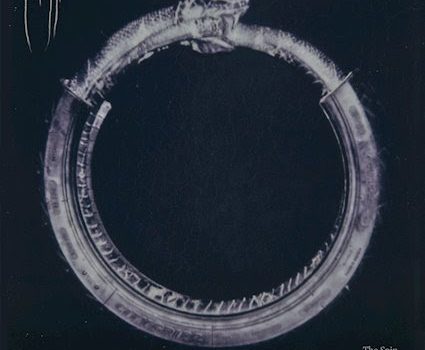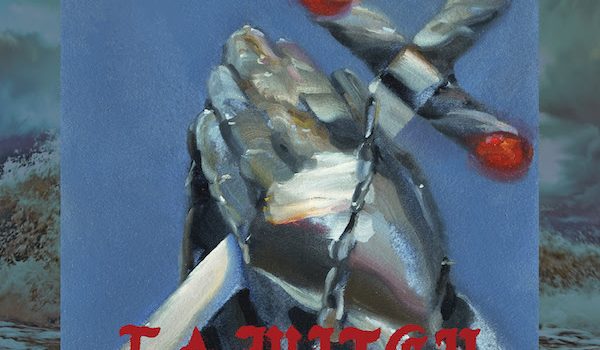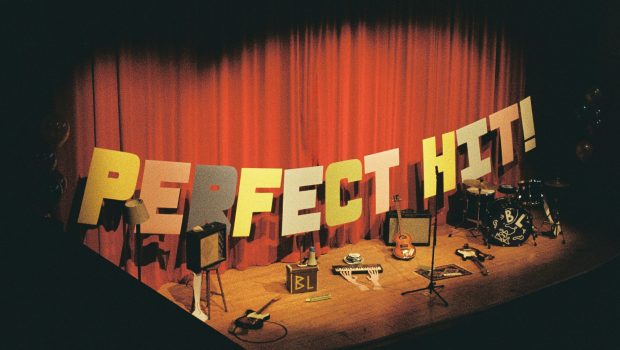– FACTORY 251, MANCHESTER –
“The new instrument for the new music”. That was the slogan for the synthetisers back in the early 70s. Shortly after, the American Minimoog set “an absolute turning point”, as Gordon Reid tells his ‘Incredibly Brief History of the Synthetisers’ speech to a packed Factory251. This is the Synth Symposium, guest starring: Peter ‘Hooky’ Hook (Joy Division/New Order), Graham Massey (808 State), DJ Zed Bias, Andy Pop (T.R.A.S.E), James Walker and the above mentioned Gordon Reid, author of ‘Synth Secrets’.
They open the first of a series of discussions “that look at key disciplines in music making”, explains Tony Rigg, former Operations Director for Ministry of Sound and teacher at Manchester MIDI School, which organises the event.
Peter Hook admits how his former bands Joy Division and New Order became a testing ground for this “revolution” in music, as they managed to “amalgamate” the old school music (rock) with the brand new, electronic, “unusual” sounds.
According to Hooky, achieving that musical alchemy was quite difficult at the time. “It was frustrating to make all these pieces work. Now I realise how easy it is to create music, it’s fascinating”, he adds. He refers to New Order’s seminal hit ‘Blue Monday’ –a song that he will mention a few times during this symposium- as a kind of an experimentation with which they struggled for six months until they got what now is considered a milestone of electronic music. “It’s all about experimentation”, agrees Graham Massey. “We were exploring…”, a whole universe of unknown sounds, an endless, wonderful chaos, with as many options as layers and tracks…
Talking about how they got into synths, Dj and producer Zed Bias recalls his underground-bedroom-business and all the hours he spent trying to create new sounds by his own means and cheap analogue pieces, without any manual but his own curiosity.
Experimental electronic musician Graham Massey was also curious about all those messy sounds coming from nowhere, and he found inspiration in bands such as Yes or Tangerine Dream. Pink Floyd, Gary Numan, Kraftwerk and Donna Summer! are mentioned by tonight’s guests as some of their most influential artists regarding synth music.
But then… “the punk thing happened”, points out Peter Hook, and synths and punk seemed to mismatch. Plus, these gadgets were too expensive for punk and all the DIY philosophy. “We were punks, and we felt that we were lying in a certain way, that we should play live”, reflects Hook, “but we were also young and we believed in what we were doing”.
Take a walk on the synth side, then. Be careful though: “I blame synths for making me an alcoholic!”, jokes the frontman of Peter Hook and The Light.
He reveals what he likes most about dance music: “It’s just about the time and the place, it keeps you going, as simple as that”. He also tells us the time when they (New Order) were touring in Japan and they got some trouble with their synth-gear. “A programmer came along to sort it out, and it really shocked me that this person didn’t have any clue about writing music!”.
For those unfamiliar with all these mysteriously hypnotic machines (that is, myself), Massey illustrates: “Making a mix is like making a meal: you take the carbohydrates and so on…”. Of course, there are “happy accidents” when making this peculiar mixture; that’s precisely the most exciting part of the recipe, as it adds “a unique character to the tune”.
A member of the audience aptly asks whether there’s any British/Mancunian approach to synth music which is different from other countries. “We like reinventing the wheel, and I’m quite proud of that”, answers Bias.
The fabulous panel gives a few tips as well: “Be patient (Hook). There are no sure cuts (Zed Bias). Step back and think about the music, not in being self-satisfied (Massey). Search for innovation (Reid). Throw out the manual, make your own mistakes (James Walker)”.
Anyway, synthetisers are just tools after all: “These machines are wonderful but it’s the people operating them who make the magic. It’s all about the people, and their vision, their imagination. Songwriting is still a mysterious art”, concludes Hook.
